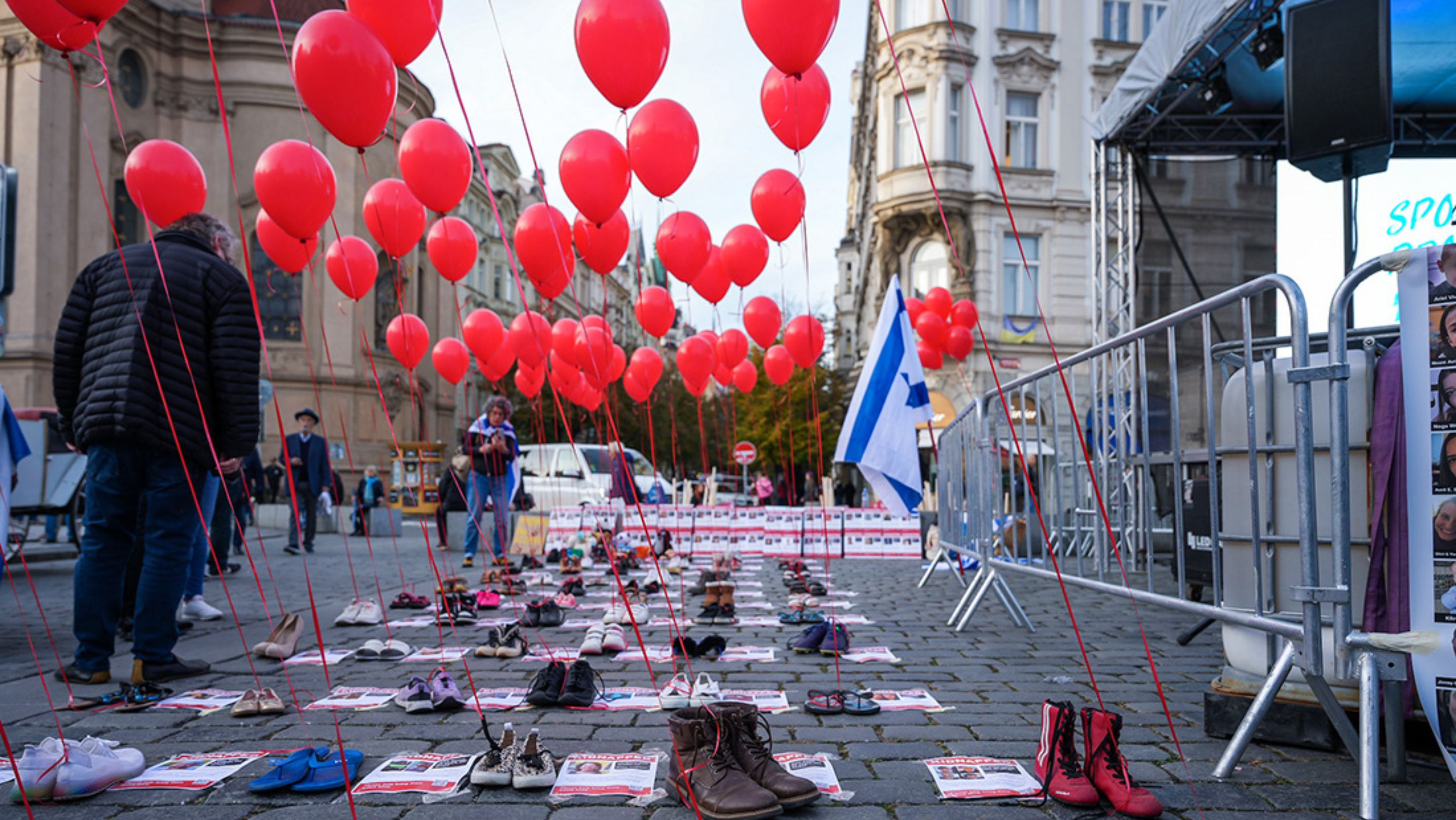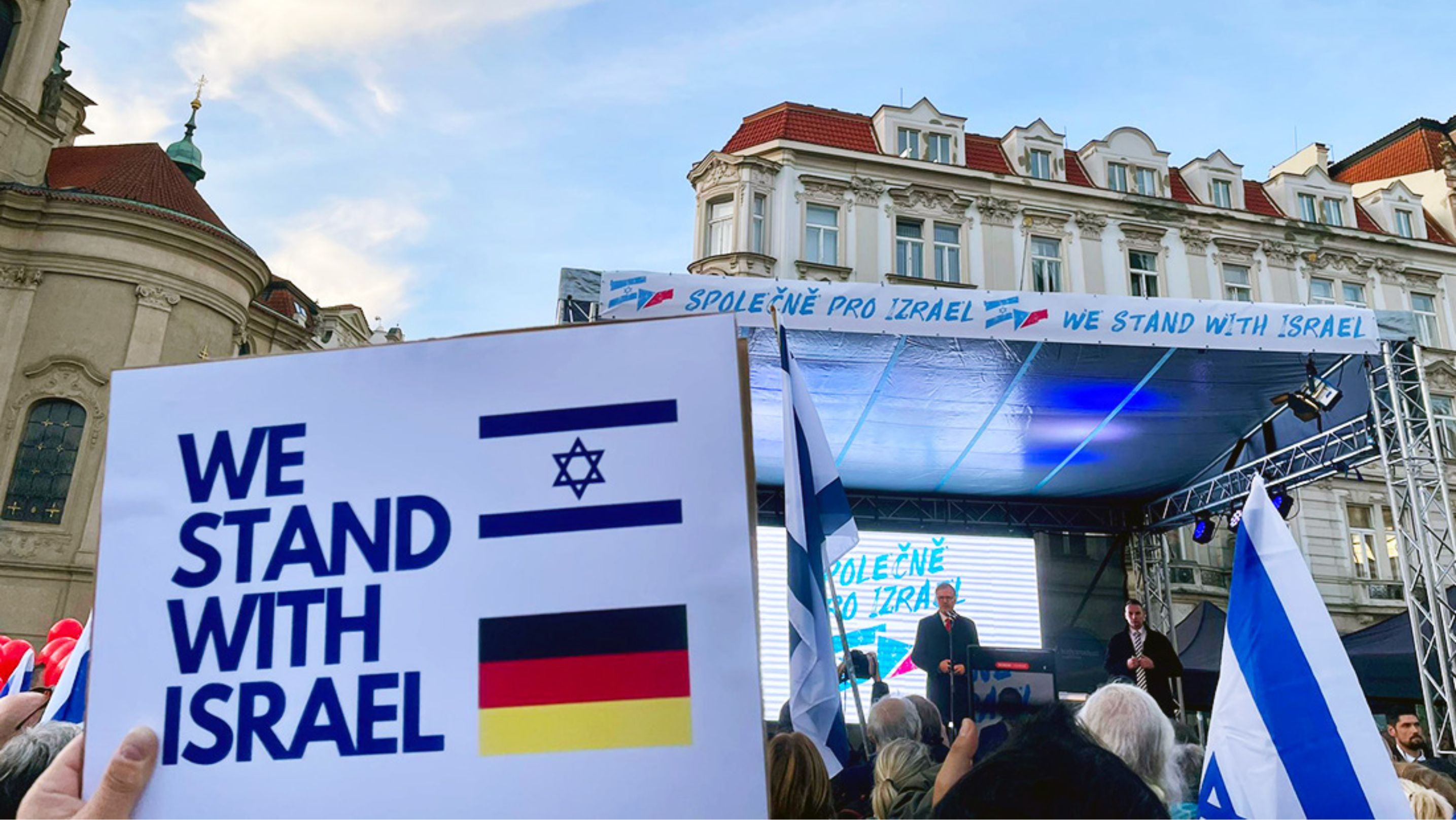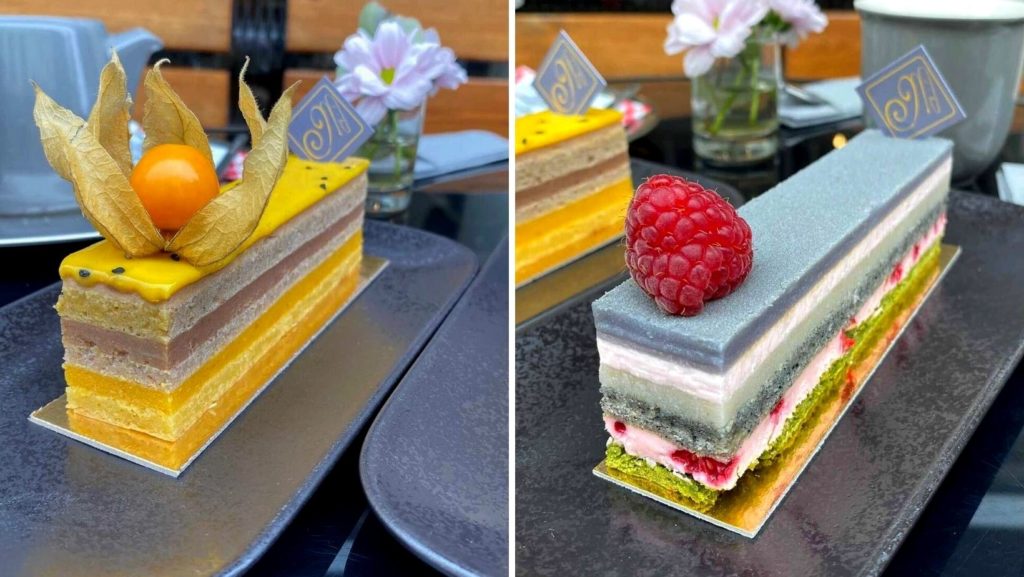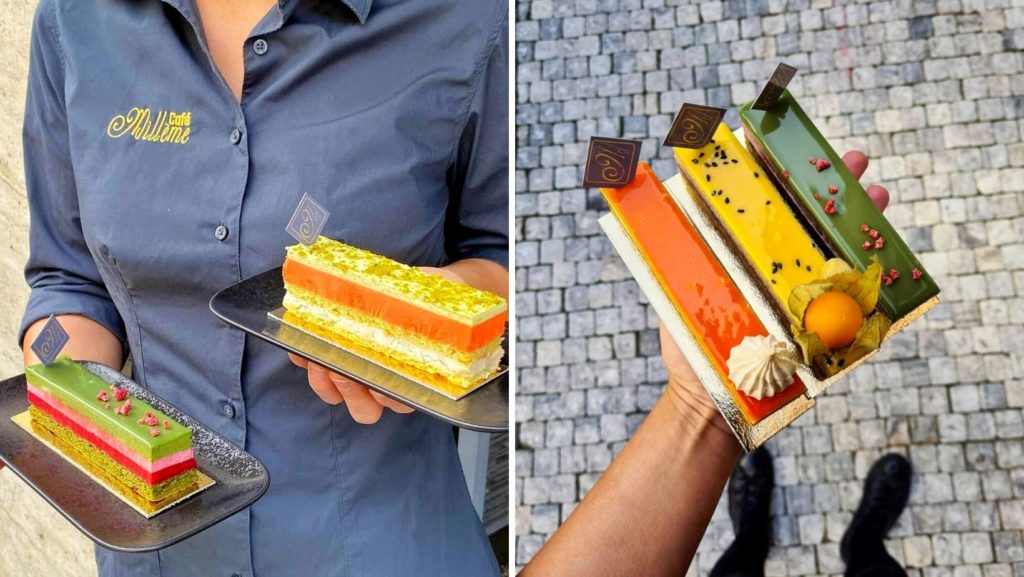A rally supporting Israel took place in the center of Prague on Wednesday evening, November 1.
The event, held at Old Town Square, drew several hundred participants; approximately 300 people attended, according to the iDNES portal.
Prominent figures attending the rally included Czech Prime Minister Petr Fiala, Ombudsman Klara Šimáčková-Laurenčíková, film director Jan Hřebejk, Deputy Chairman of the Chamber of Deputies Jan Skopěček, Education Minister Mikuláš Beck, MP Patrik Nacher, former Prime Minister of the Republic Jan Fischer, and German Ambassador to the Czech Republic Andreas Kühnne.
Addressing the crowd, Prime Minister Fiala emphasized the importance of standing with Israel in the international arena amidst ongoing debates about the terrorist events of October 7. He asserted that Israel, with few allies, required steadfast support, expressing pride that the Czech Republic stood among them.

German Ambassador Andreas Kühnne echoed this sentiment, affirming Germany’s unwavering support for Israel.
He emphasized their participation in the ‘Together for Israel’ initiative, condemning the actions of Hamas terrorists, including the killing of civilians, and denouncing anti-Semitism both domestically and globally.
The rally, organized by the “Federation of Jewish Communities in the Czech Republic,” saw participants displaying Israeli flags and images of individuals, both children and adults, abducted by Hamas militants.
The event commenced with the playing of the Czech and Israeli anthems, followed by a minute of silence honoring the 1,400 Israelis who lost their lives.

Russia’s share of total Czech oil imports grew in the first half of this year despite EU restrictions, an oil transit company said today.
“The share of Russian oil imports via the Druzhba pipeline versus imports from other countries via the IKL pipeline reached about 65/35 per cent in the first half,” Barbora Putzova, spokeswoman for the state-owned Mero company, told AFP.
In 2022, the share was 56 versus 44 per cent in favour of Druzhba, she added.
Industry and trade ministry data have shown this year’s share of oil transported by Druzhba into the EU member state was the highest since at least 2016.
The EU slapped a ban on most oil imports from Russia in May 2022, three months after Russia invaded Ukraine, but the Druzhba pipeline was exempted.
Jiri Gavor, head of the Czech Association of Independent Energy Suppliers, said Poland’s PKN Orlen, which runs Czech refineries, was probably driven by economic reasons to stick to Russian oil.
“I’d say PKN Orlen… benefits from the fact that oil transit via Druzhba is not banned here so far, it’s legal and it’s cheaper than oil from other sources,” he told AFP.
In May, Mero said it had signed a deal to end Czech dependence on Russian oil as it pledged to finance an expansion of the Transalpine oil pipeline (TAL) which supplies oil from Italy to central Europe.
TAL transports oil from the Italian port of Trieste to southern Germany, where it connects to the IKL pipeline taking it to the Czech Republic.
The country’s TAL capacity is set to double to an annual eight million tonnes of oil starting in 2025.
Prague already weaned itself off Russian gas earlier this year.
Tired of the average croissant and coffee breakfast combo? Hunting down a quiet new brunch spot with tasty treats? Sick of staring down an unchanging menu at the local lunch chain? If so, Café Millème is the place to visit.
Known for its unique and varied assortment of international flavor fusions, every pastry promises a new eating experience.
Café Millème is the brainchild of the French business team Daniel Biguine and Valexia Panier. An art enthusiast and artist respectively, these two best friends opened the cafe in 2008 with the hopes to unite all the continents through food.
Adine Agakishieva, the third co-owner and the cafe’s chef, handles the recipes and pastry making. A Kyrgyzstan native turned Prague resident, Adina received her formal culinary training in France.
For macarons, the cafe currently offers over 20 flavors, including unique fusions like matcha raspberry, yuzu and chocolate, and yuzu and wasabi.
Other Japanese-inspired flavors include hojicha tea, which is a type of Japanese green tea originating in the Kyoto region. Unlike matcha, the hojicha leaves are roasted at higher temperatures, making for a much sweeter and smokier taste.
For the less adventurous, the cafe also carries a wide variety of safer (but no less colorful), fruit-flavored macarons. These include apple, rhubarb, orange, and raspberry. Savory food item seekers can also find something at Café Millème, as the store carries an assortment of quiches.

With over 70 recipes in stock, Café Millème changes its menu every season. For the summer the cafe stocks up on fresh, fruity recipes.
As the weather cools, their offered pastries will become creamier in taste and warmer in flavor. Patrons can expect to see classic autumnal recipes with spiced flavors like pumpkin, cinnamon, and chestnut.
True to Café Millème’s artisanal practices and keen decorative eye, these delicacies are elegantly plated, making every dessert an Instagram-worthy work of art. Many of their pastries are also named after cities related to the recipe, elevating the global tasting experience.
Per Adina, most of the cafe’s ingredients are imported; their website lists their chocolate as originating from countries like Mexico, Tanzania, and Madagascar.
They also use cashew nuts from Brazil, pandan from Thailand, and guava from Cuba. Their flour, however, is locally sourced.
Located at Klimentská 2067/34, Café Millème is open weekdays from 9 am to 7 pm. On Saturday and Sunday, the cafe opens at 10 am but closes at 7 pm and 6 pm respectively.


